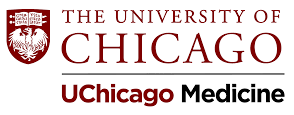Description
This course provides an overview of concepts and methodologies for improving the quality and safety of care. Participants will design quality improvement projects using skills learned in class. In addition, UCM leaders will speak on key topics throughout the course. This course will provide an overview of the practical skills and knowledge necessary to assess and improve quality of care, as well as key concepts relating to the Science of Improvement. Important literature in the area of quality improvement and patient safety will be covered. The course will also address the importance of the system within which improvement activities are being implemented, including organization culture and leadership. The health policy and regulatory context for QI will also be covered.
Objectives
- Participants will become familiar with tools for improving quality of care and service delivery, such as the Model for Improvement and Lean Performance Improvement.
- Participants will design an actual quality improvement project using skills learned in the class.
- Participants will understand the factors impacting the delivery of safe and high quality care in health care organizations such as teamwork, good communication and organization culture.
- Participants will understand “Systems Thinking” and other key concepts in patient safety such as Human Factors, Reliability and Health Equity.
- To understand the growing role of data analytics in providing high quality health care
- Participants will understand the key role of QI in today’s health care environment as a mechanism for improving organizational effectiveness and the patient experience.
Summary
Faculty, staff, and students/trainees at the University of Chicago Medical Center are welcome to audit the course at no charge and should contact Kelsey Bogue at kbogue@bsd.uchicago.edu to register. To earn 025 credits, please enroll in the course through my.uchicago.edu.

